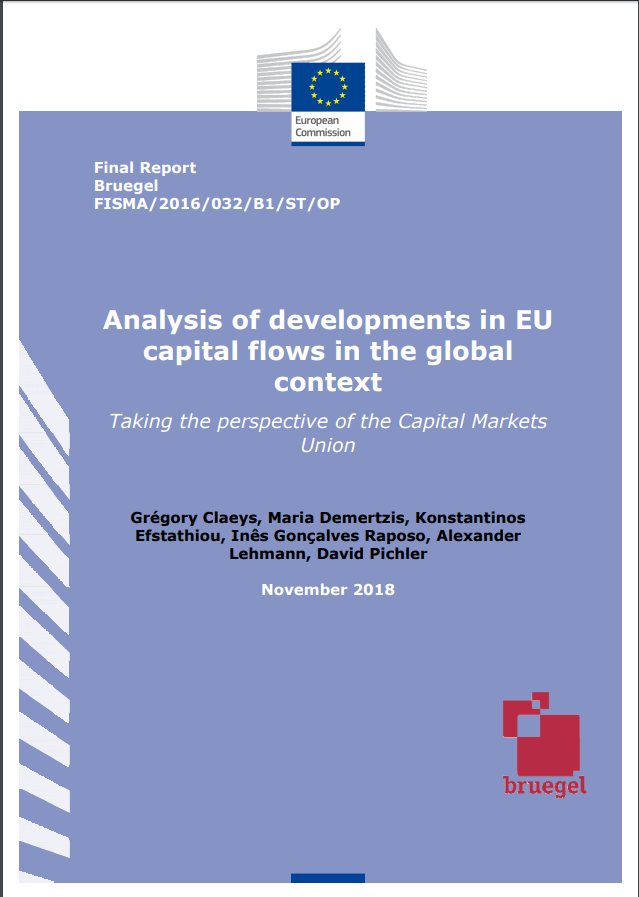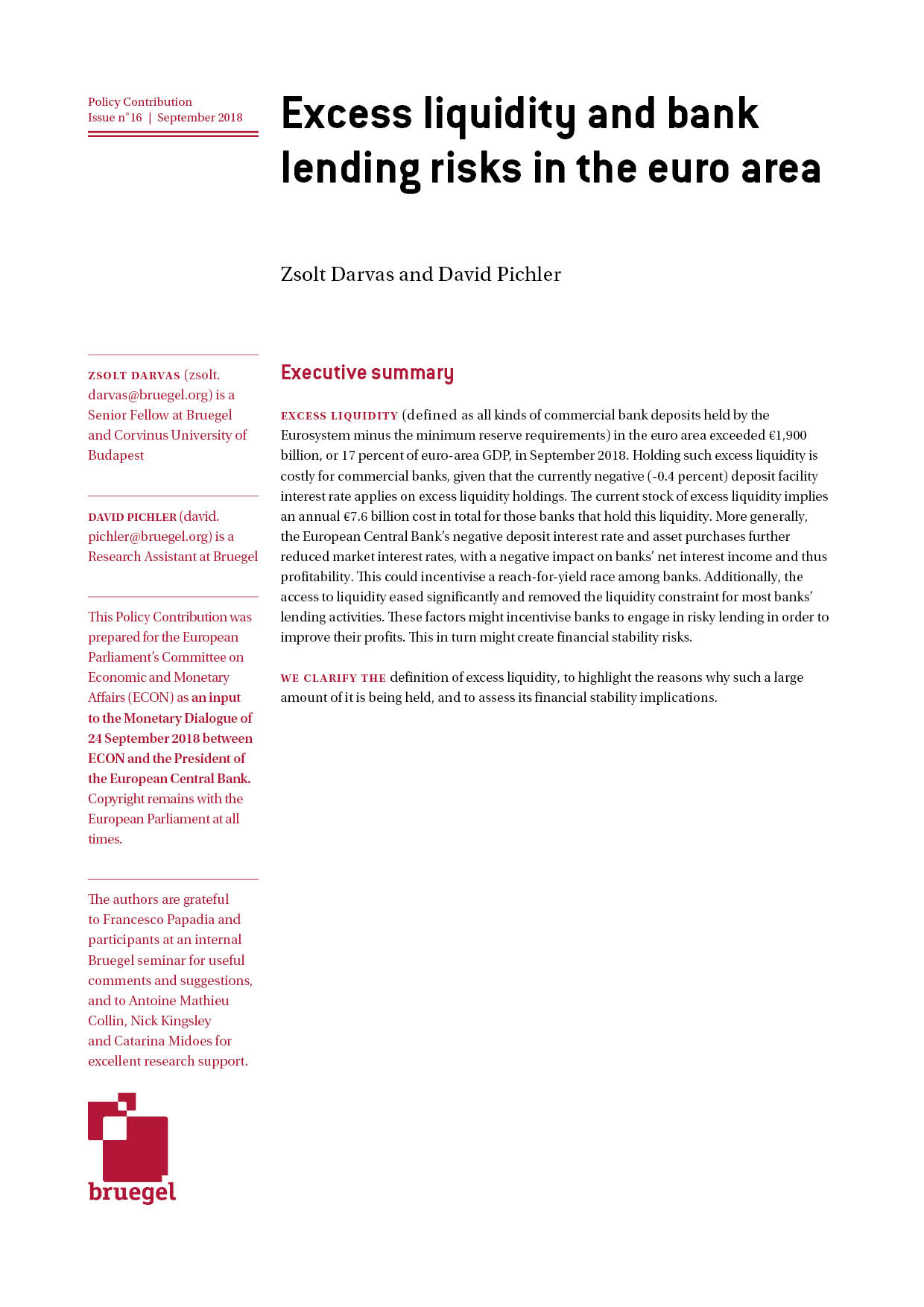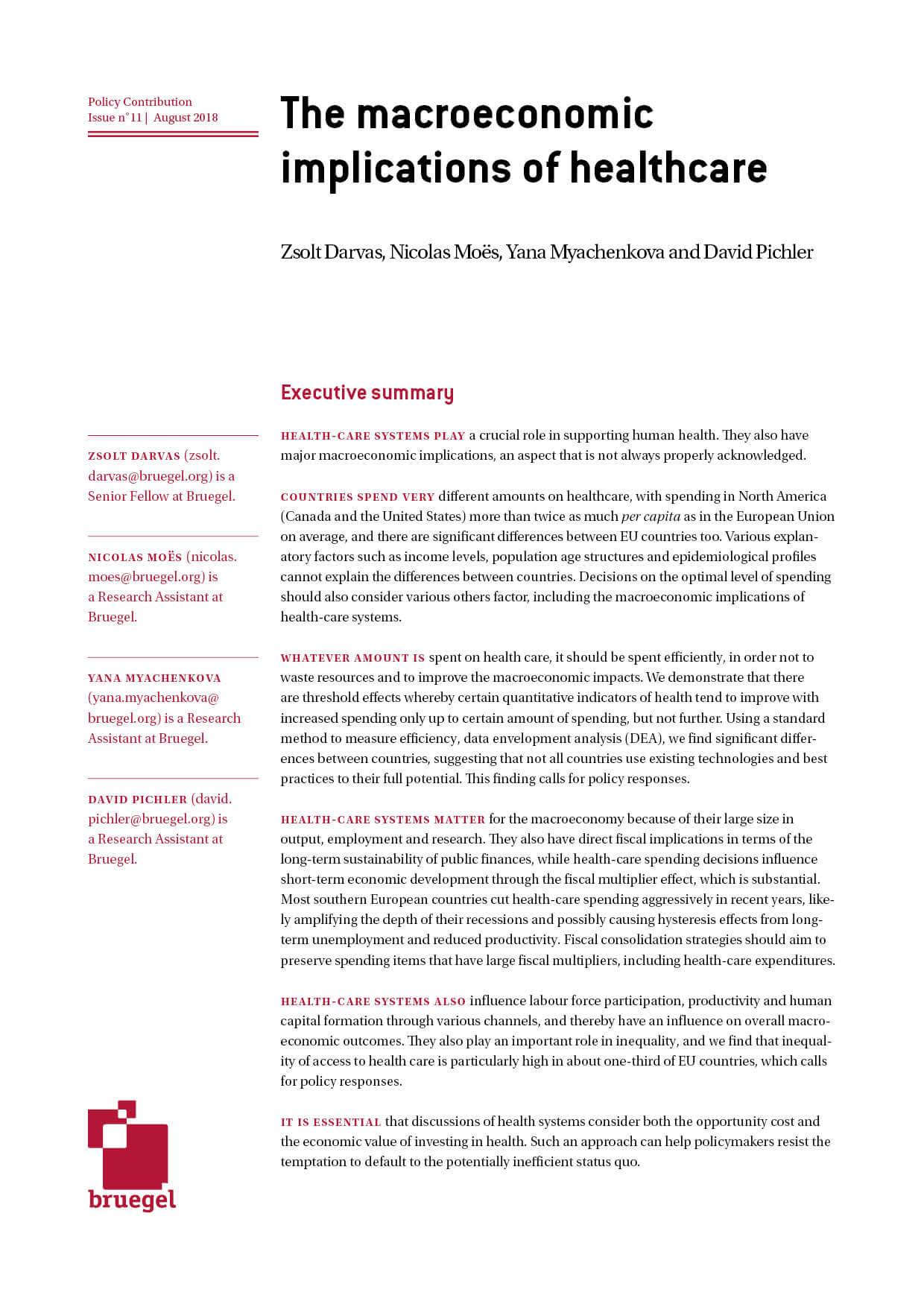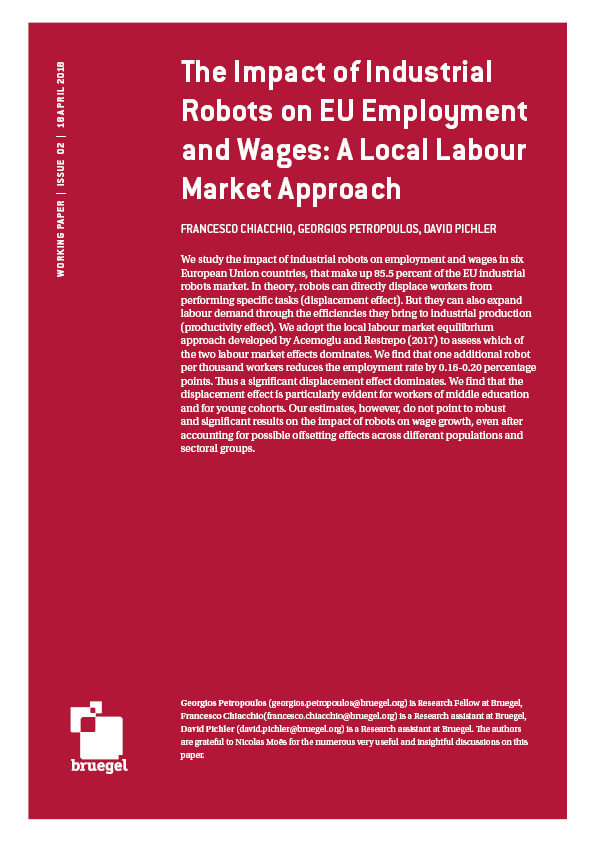Former scholars

David Pichler
Former Research Assistant
David was a research assistant at Bruegel focusing on macroeconomic related topics, fiscal and monetary policy. Before joining Bruegel, David worked as a trainee at the European Central Bank as well as at the European Investment Bank. He obtained a Master’s degree in Economics from Warwick University after completing his undergraduate programme in Economics at University of Graz, Austria.
David has been working for the Austrian NGO Childrenplanet which supports projects in education, clean drinking water provision and health care in Cambodia. He is a native German speaker, fluent in English and has good knowledge in Spanish.









